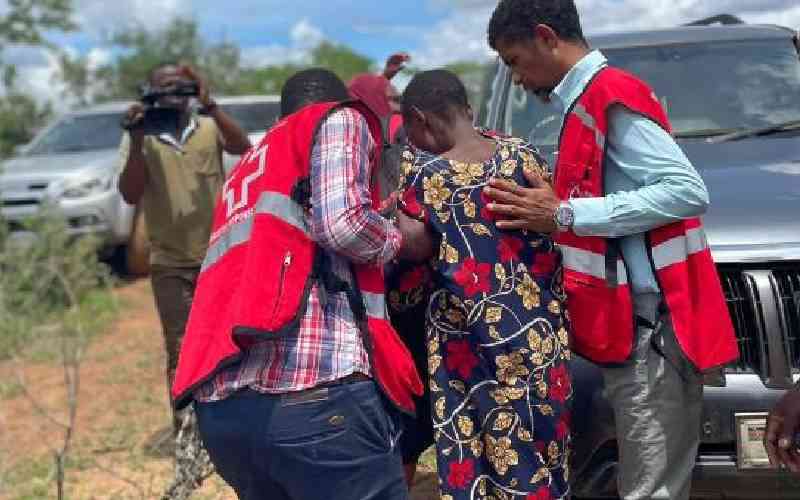×
The Standard e-Paper
Kenya’s Boldest Voice

A middle-aged man rescued from Shakahola Forest this week died on Wednesday at the Malindi Sub County Hospital.
An official at the hospital said the victim was taken to the facility in a bad state and died of organ failure due to severe starvation.